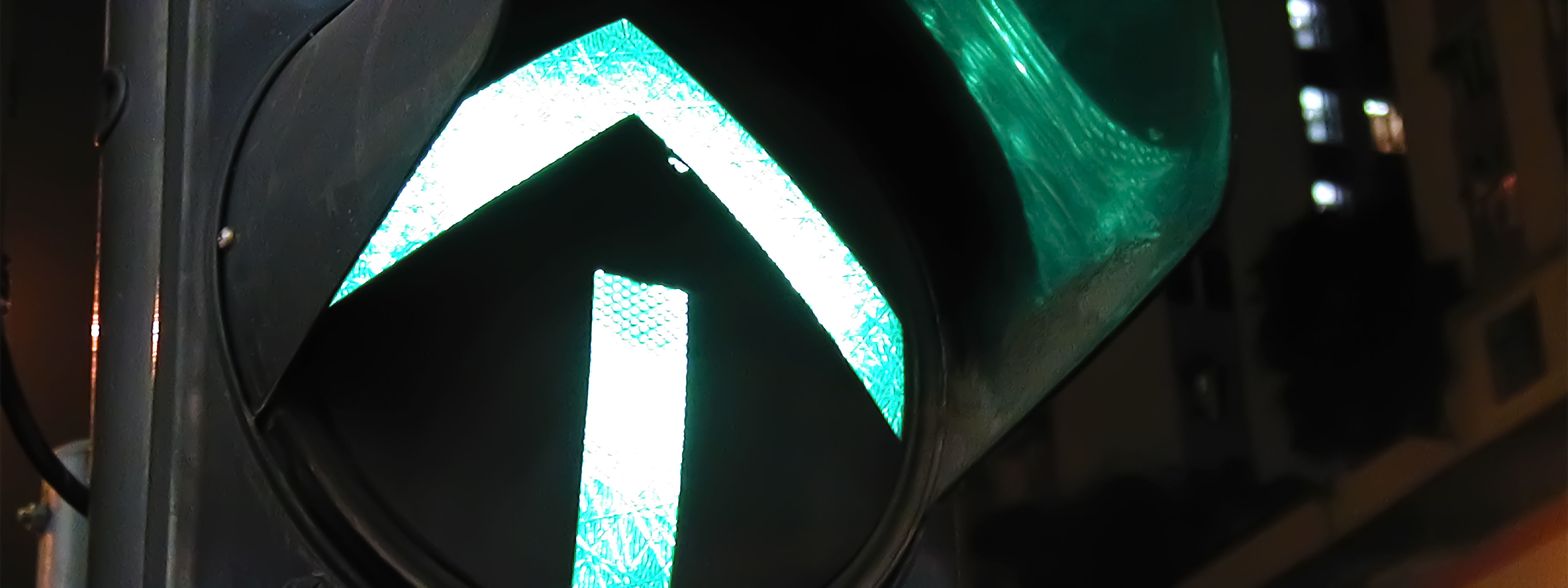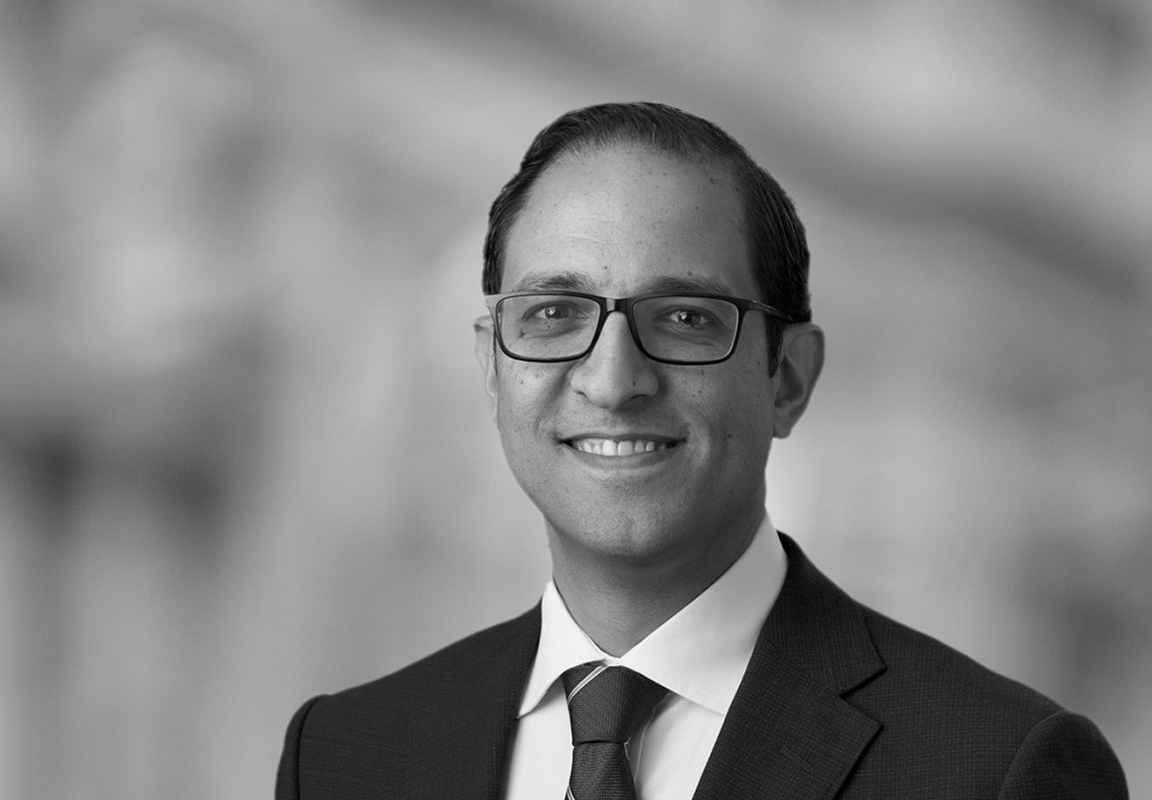
Saudi Arabia’s General Authority for Competition blocks vertical merger in the gas sector for the first time
7 min read
On 16 June 2022, Saudi Arabia's General Authority for Competition announced its decision to block National Gas and Industrialization Company from acquiring a majority stake in Best Gas Carrier on the basis of vertical competition concerns. This is the first vertical merger prohibited by the GAC and the first to be prohibited on substantive grounds.
Background
On 15 February 2022, the Saudi-listed National Gas and Industrialization Company ("GASCO") signed an agreement to acquire 55% of Best Gas Carrier Company ("Best Gas") and later filed an Economic Concentration Notification to Saudi Arabia's General Authority for Competition ("GAC"). The total transaction value was estimated to be approximately USD 7 million (SAR 29 million), comprising the purchase price and capital investment in Best Gas.
Both companies are based in Saudi Arabia. GASCO is considered by the GAC to hold a monopoly in Saudi Arabia in the wholesale distribution of liquid petroleum gas ("LPG"), principally butane, propane, and mixtures thereof. Best Gas is a company engaged in purchasing LPG and empty gas cylinders from GASCO, which Best Gas then refills and resells to end customers in Saudi Arabia.
As such, this vertical integration would have allowed GASCO to be active not only at the wholesale level, but also at the retail level of the LPG business. This was in line with GASCO's stated strategy to create a leading player in providing LPG solutions with better quality for its customers in Saudi Arabia.
GAC Decision
GASCO and Best Gas notified the GAC of the proposed transaction pursuant to Article 7 of the Saudi Competition Law, which requires GAC premerger clearance for Economic Concentrations among parties whose combined worldwide turnover exceed SAR 100 million (approximately USD 26.6 million).1 The GAC reviewed the filing and conducted a competitive assessment, then issued a decision rejecting the proposed transaction, "in order to maintain competition within the levels of fairness and consumer welfare in LPG market."2 The GAC's decision was announced on 16 June in a press release, which included a summary of the GAC's reasoning.3
In its press release, the GAC considered GASCO's monopoly position in wholesale distribution of LPG and concluded that the transaction would allow GASCO to also enter the retail level, creating a dominant and vertically integrated entity. Such entity, according to the GAC, could exclude with "high probability" Best Gas' competitors in the LPG distribution market by means of raising prices, reducing the quality of services and products, or offering preferences in financial transactions, amongst others. This is the first time the GAC provided such details in a public announcement.
The GAC noted that, as part of its assessment, it had analysed studies on LPG markets in other countries, finding that the LPG industry is generally liberalized and that other jurisdictions encourage competition along the supply chain of LPG.
The GAC also carried out consultations with other market participants and competitors of Best Gas, who reportedly conveyed their concerns about the competitive consequences of completing the transaction.
In addition, the GAC assessed barriers to entry of a new competitor into the LPG market, focusing on two aspects. First, the GAC emphasized the relevance of the data that GASCO possesses, including information on locations, capacities, and financial and operational capabilities of Best Gas' competitors. The GAC warned that such data could be eventually used to limit the growth and expansion of Best Gas' competitors. Second, the GAC concluded that the barriers to entry would be even higher if it allowed the creation of such a dominant and vertically integrated company at different stages of the supply chain. This would in turn make it difficult for the Saudi Ministry of Energy to succeed in the near future to open competition in the LPG market.
Finally, in reaching its decision, the GAC rejected the parties' claim that the transaction would result in efficiencies in LPG distribution, finding the efficiencies insufficient in comparison to the potential harm to competition.
Key Takeaways
This decision marks the second rejection of a transaction by the GAC, and the first on substantive grounds. The first prohibition was issued in December 2021 when the GAC blocked Delivery Hero's planned acquisition of food delivery app, The Chefz, based solely on procedural grounds.4 Both prohibition decisions were taken within six months and relate to acquisitions of Saudi consumer-facing companies, indicating that GAC is becoming more proactive competition law enforcer.
The GAC's summary of its substantive reasoning in the press release also provides a rare insight into the GAC's analysis and review process, including the following points:
- The GAC's stated theory of harm appears consistent with recent enforcement actions of vertical transactions by other competition agencies, including in Europe5 and the United States6, indicating the GAC's focus is not limited to horizontal agreements. This is in line also with the focus of the authorities in the energy sector.7
- The GAC recognizes access to data as a key factor in its competitive assessment of transactions.8
- Like most sophisticated authorities, the GAC solicits the views of competitors, customers and other third parties during its merger review.
- The GAC reviews the competitive dynamics of comparable markets in other jurisdictions to help inform the analysis for Saudi Arabia.
- The GAC indicates that it weighs the potential efficiencies claimed as a result of a transaction against the potential harm to competition (but it is unclear how closely the GAC examines this issue).
- In the regulated sectors such as the energy sector, the GAC considers broader Saudi government policy implications, such as the potential constraints on the Ministry of Energy's goal to liberalize the LPG industry in the present case.
While some of these points have been described in the GAC's Merger Review Guidelines,9 the GAC's GASCO decision is the first time we see them implemented in practice.
The GAC's second prohibition within six months reinforces the significance of Saudi Arabia's merger control regime. Parties to transactions with a nexus to Saudi Arabia should expect a substantive GAC review that is more than a formalistic process, especially in sectors such as energy and digital.
1 See Saudi Competition Law, Issued by Royal Decree No. (M/75), dated 6 March 2019, and published in the Official Gazette on 29 March 2019 ("Competition Law"), at Article 7; Implementing Regulations, Issued by Resolution No. (337) of the GAC Board of Directors, dated 25 September 2019 ("Implementing Regulations"), at Article 12.
2 See press release, General Authority for Competition, GAC Board Issues a Rejection to the Economic Concentration Transaction between two Companies working in the Gas Industry, 16 June 2022. To date the full text of the decision is not yet available.
3 Id.
4 See our previous client alert, Key Developments in Saudi Arabia Merger Control: First Rejection, Review Guidelines, and New Tools, 20 December 2021.
5 See e.g. European Commission, M.10047, Schwarz Group/SUEZ Waste Management Companies, 14 April 2021; European Commission, M.9569, EssilorLuxottica/Grandvision, 23 March 2021, case file (decision text not available); and European Commission, M.9014, PKN Orlen/Grupa Lotos, 14 July 2020.
6 See, e.g., In the Matter of EnCap Investments L.P. et al, FTC Docket No. C-470, (25 March, 2022) (alleging anticompetitive effects of merger on Unita Basin waxy crude, and the subsequent impact on Salt Lake City refiners); see also In the Matter of Lockheed Martin Corporation, FTC Docket No. 9405, (25 January, 2022) (alleging that Lockheed's acquisition of Aerojet would lessen competition for critical missile propulsion products, and would allow Lockheed to raise prices on its related defense systems).
7 In Europe, recent examples include European Commission, M.10438, Mol/Omv Slovenija, ongoing investigation opened on 23 June 2022, press release; European Commission, M.9343, Hyundai Heavy Industries Holdings/Daewoo Shipbuilding & Marine Engineering, 13 January 2022, case file (decision text not available); and European Commission, M.9014, PKN Orlen/Grupa Lotos, 14 July 2020.
8 In Europe, recent examples include European Commission, M.10262, Meta (Formerly Facebook)/Kustomer, 27 January 2022, case file (decision text not available); European Commission, M.10108, S&P Global/Ihs Markit, 22 October 2021; European Commission, M. 9564, London Stock Exchange Group/Refinitiv Business, 13 January 2021; and European Commission, M.9660, Google/Fitbit, 17 December 2020.
9 See General Authority for Competition, Merger Review Guidelines (2021), available in Arabic, and in English.
White & Case means the international legal practice comprising White & Case LLP, a New York State registered limited liability partnership, White & Case LLP, a limited liability partnership incorporated under English law and all other affiliated partnerships, companies and entities.
This article is prepared for the general information of interested persons. It is not, and does not attempt to be, comprehensive in nature. Due to the general nature of its content, it should not be regarded as legal advice.
© 2022 White & Case LLP


